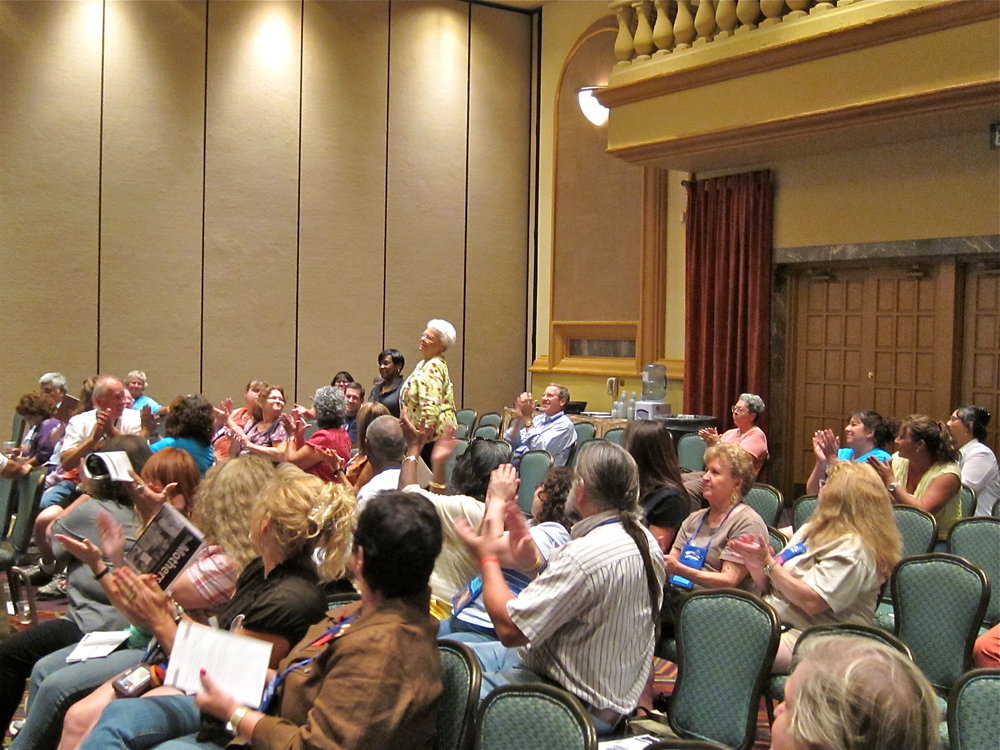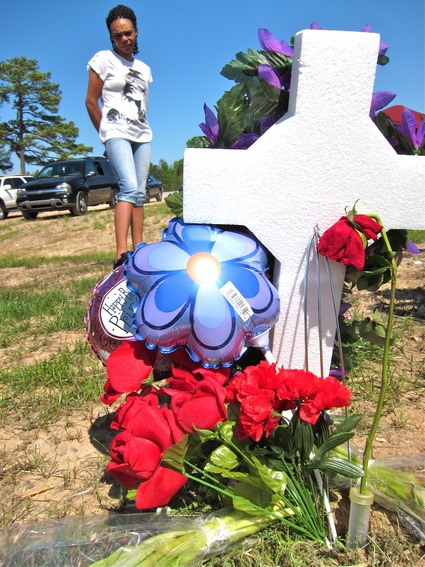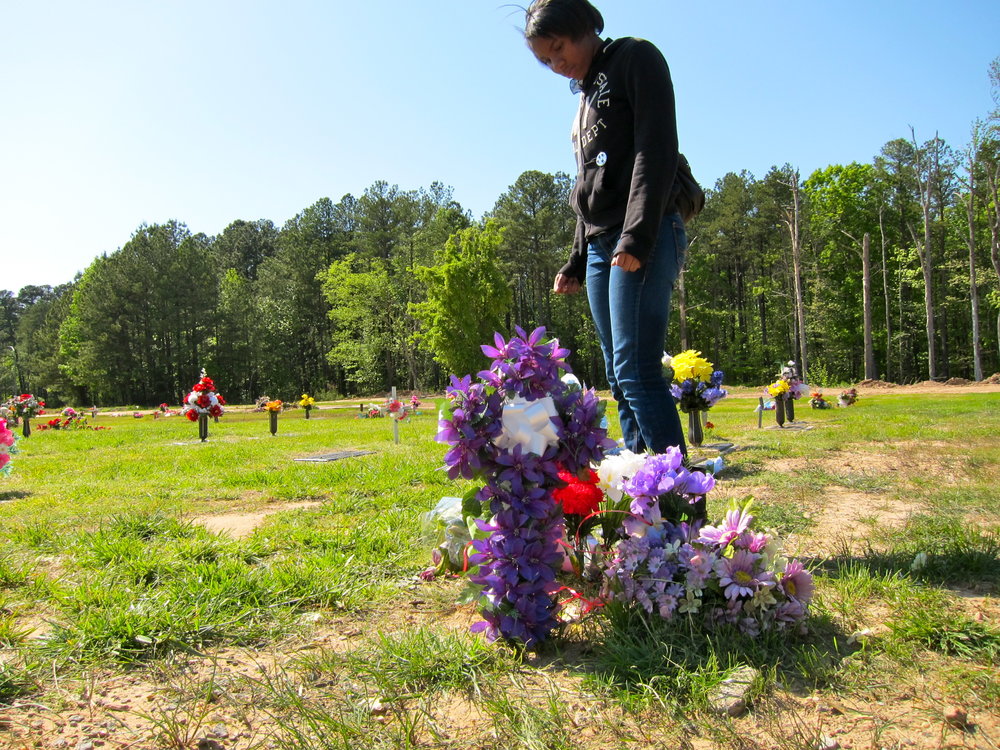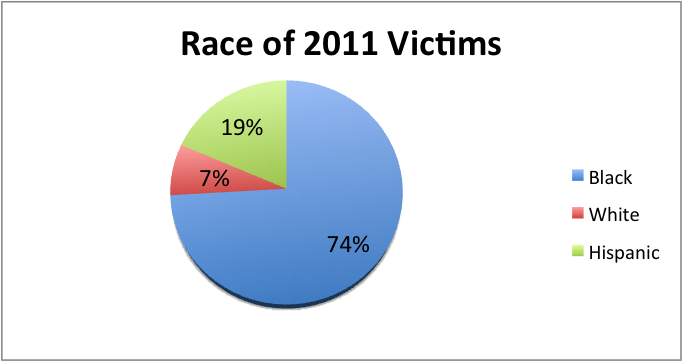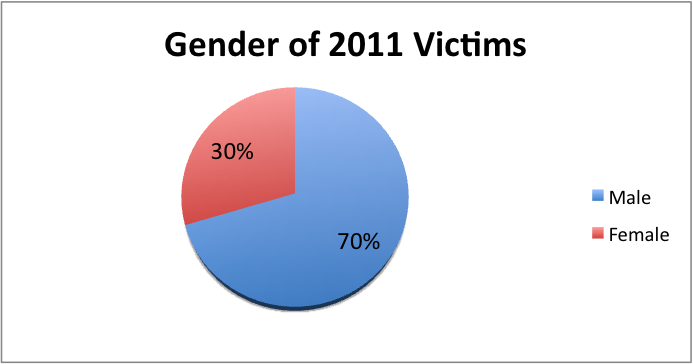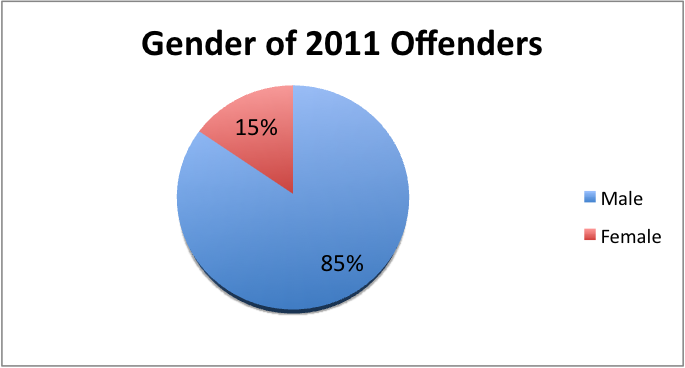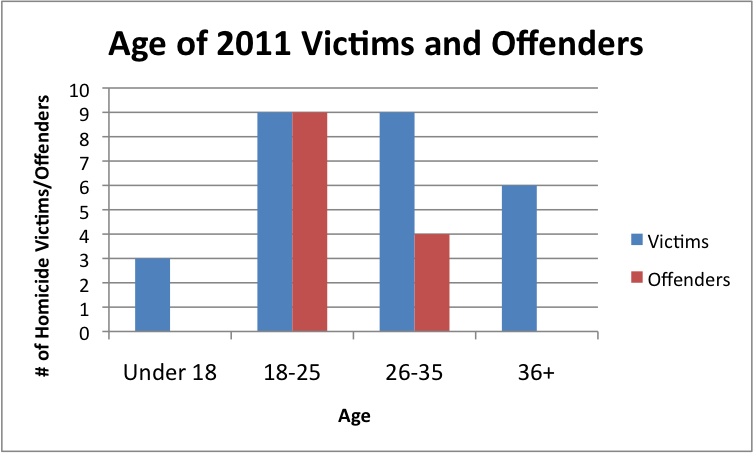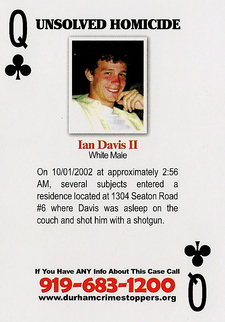 The homicide of Ian Davis is one of 52 playing cards featuring unsolved murders in the city and county of Durham.In the deck of playing cards fanned out in front of me at the Durham Police headquarters, the queen of clubs is Ian Davis II. He is smiling, his cheeks red from time in the sun.
The homicide of Ian Davis is one of 52 playing cards featuring unsolved murders in the city and county of Durham.In the deck of playing cards fanned out in front of me at the Durham Police headquarters, the queen of clubs is Ian Davis II. He is smiling, his cheeks red from time in the sun.
“UNSOLVED HOMICIDE,” the card says.
His card is one of 52 in a deck featuring cold homicide cases in the city and county of Durham. The deck includes 53 victims (the ace of spades is a double-homicide from 2009). The Durham Police Department created the cards last year and distributed 500 decks, most to local jails and prisons in hopes they will generate leads and arrests.
“Hopefully, someone will talk,” said Michele Soucie, a Durham Police homicide detective. “A lot of times, when people get locked up, they have information that’s helpful to a case, but they might not realize the case is still open or think that it may have been solved.”
It was Soucie’s idea to create the cold case playing cards, which were developed in collaboration with Durham CrimeStoppers.
Ian Davis II was asleep on a couch in the Parkwood neighborhood in Durham on Oct. 1, 2002, when several men threw cinder blocks through a sliding glass door of the townhouse at 1304 Seaton Rd. They entered the living room, ordered Ian to the floor, and then shot him at close range with a shotgun, killing him. He was 18.
No leads have come yet through the playing card highlighting Ian’s case. A $10,000 reward, posted by the family, is available through CrimeStoppers and expires next year.
Since the murder nine years ago, Ian’s mother, Betty Davis, lives every day knowing her son will never walk through the front door. She said she wants closure but is willing to wait for a case with irrefutable evidence against the killer to avoid any acquittal in court, something she said she could not bear.
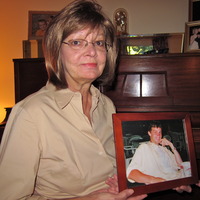 Betty Davis holds a photo of her son, Ian Davis. Ian was murdered in 2002. Photo by Leanora Minai.“It just about drove me crazy at first knowing there was somebody walking out there that had pulled a trigger that took my son’s life,” said Ms. Davis, 60. “We still struggle with it, and we always will.”
Betty Davis holds a photo of her son, Ian Davis. Ian was murdered in 2002. Photo by Leanora Minai.“It just about drove me crazy at first knowing there was somebody walking out there that had pulled a trigger that took my son’s life,” said Ms. Davis, 60. “We still struggle with it, and we always will.”
She herself was a “prime example,” she said, of someone who believed, “this happens to other people.” Her son, the youngest of three children and graduate of Green Hope High School, was in the wrong place at the wrong time, she said.
On Sept. 30, 2002, at about 10:15 p.m., Ian was watching TV at home but decided to leave and visit a friend. His mom begged him to stay home. It was too late, she told him. But he went anyway, telling her not to worry, that he was only going two blocks. Later, his mom said, Ian and a friend stopped by the townhouse on Seaton Road, where they cooked spaghetti, watched TV and fell asleep.
At 2:56 a.m. Oct. 1, several men broke into the townhouse. Ms. Davis said a man whom her son did not know had started staying in the townhouse prior to the shooting and that the man may have been involved with drugs. “They think they broke in to get drugs,” she said.
“If I had put my foot down that night, he’d be at home,” Ms. Davis said. “You second guess these things the rest of your life.”
But the good memories come easy for her. Dancing with her son at her daughter’s wedding. Eating pizza with him on Friday nights. Shopping at the mall and chipping in for Nautica and Abercrombie & Fitch clothing that still hang in a closet at home, in the bedroom she has kept as Ian left it.
This summer, Ms. Davis was diagnosed with lung cancer. When asked whether she feels a sense of urgency for closure in her son’s case, she said she has faith in a higher power, that those responsible for her son’s death will be held accountable.
For now, she holds onto the memories. “I know one day,” she said, “I’ll see him again.”
Anyone with information about the case is asked to call Detective Michele Soucie, (919) 560-4440, ext. 29337, or CrimeStoppers, (919) 683-1200. CrimeStoppers offers anonymity and cash rewards for information leading to the arrest and indictment of felony crime offenders.


